Description
A **knowledge encyclopedia** is a comprehensive reference work that organizes and presents information on a wide range of subjects, typically in a systematic, accessible, and detailed manner. Encyclopedias serve as reliable sources of information on a variety of topics, providing summaries, explanations, and deeper insights into concepts, historical events, scientific principles, and cultural practices.
Here are some key features of a knowledge encyclopedia:
### 1. **Comprehensive Coverage**
– Encyclopedias usually cover a wide range of topics, from history, science, and technology to art, literature, and philosophy.
– The content is often arranged alphabetically, though some encyclopedias are organized by category or thematic areas.
### 2. **Authoritative Sources**
– The information presented is typically written and reviewed by experts in the respective fields, ensuring that it is accurate and reliable.
### 3. **Entries (Articles)**
– Each topic is usually discussed in an entry or article, with clear headings and subheadings that explain the subject in detail.
– These entries may include background information, definitions, key figures, dates, and other relevant data.
### 4. **Cross-Referencing**
– Encyclopedias often include cross-references to related topics, allowing readers to explore interconnected subjects.
### 5. **Illustrations and Diagrams**
– Many encyclopedias include images, charts, maps, diagrams, and tables to aid understanding and make the material more engaging.
### 6. **Formats**
– **Printed Encyclopedias**: Traditionally, encyclopedias were printed in multiple volumes. Famous examples include *Encyclopædia Britannica* and *World Book Encyclopedia*.
– **Digital Encyclopedias**: In the modern age, encyclopedias are often available in digital formats, both online and offline. Examples include online versions like *Wikipedia* and *Encyclopædia Britannica Online*.
– **Specialized Encyclopedias**: Some encyclopedias focus on specific fields such as medicine, art, or space exploration. These provide deep, expert-level information in a particular domain.
### 7. **User-Friendly Navigation**
– Modern encyclopedias—especially digital ones—are designed with search functions to quickly find topics of interest. This is especially important in online encyclopedias, where users can search by keywords or categories.
### Popular Examples of Knowledge Encyclopedias:
– **Encyclopædia Britannica**: One of the oldest and most respected English-language encyclopedias.
– **Wikipedia**: A widely used, user-generated online encyclopedia that is constantly updated by contributors.
– **World Book Encyclopedia**: An easy-to-use encyclopedia often aimed at younger readers or schools.
– **Stanford Encyclopedia of Philosophy**: A comprehensive resource specifically focused on philosophy.
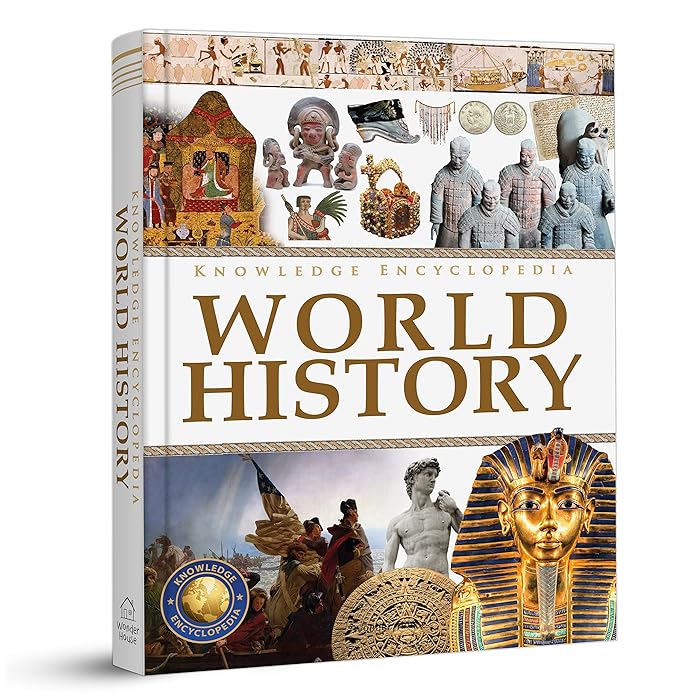
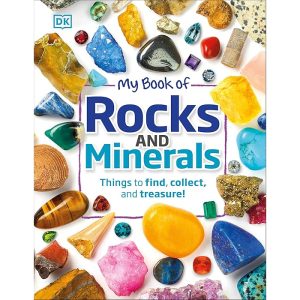
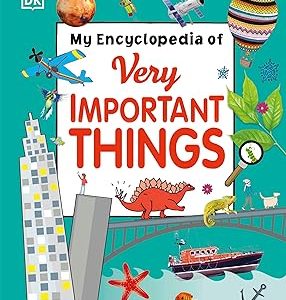
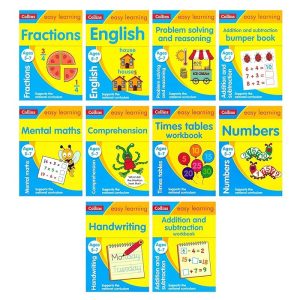









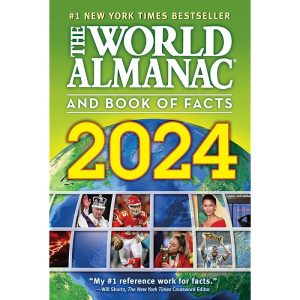
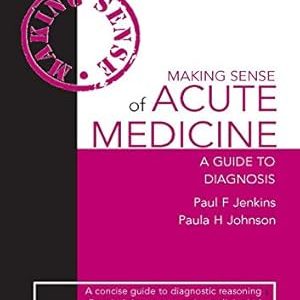



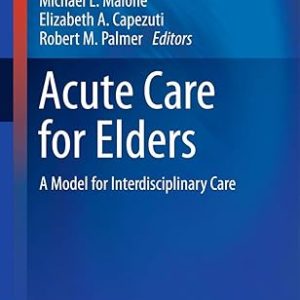

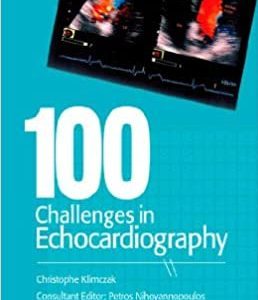
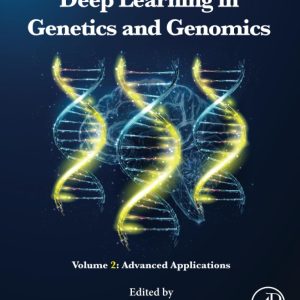


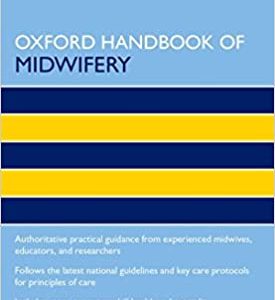



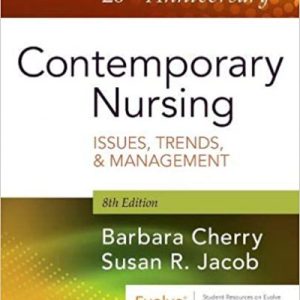
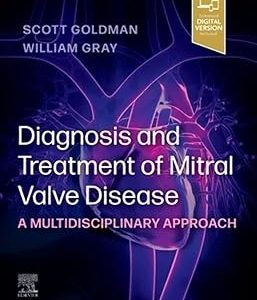

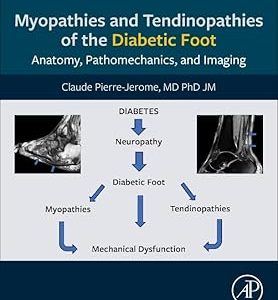



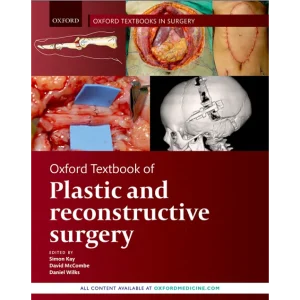

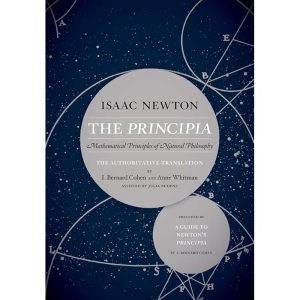





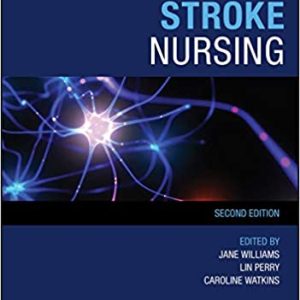
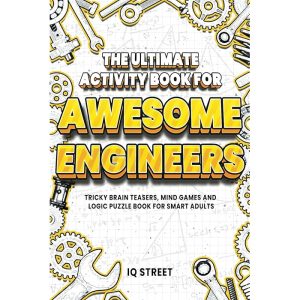








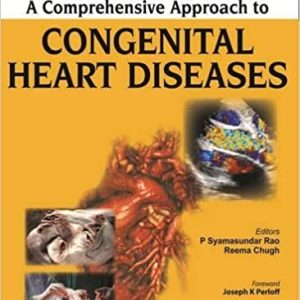



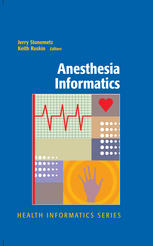



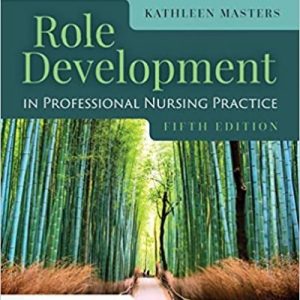








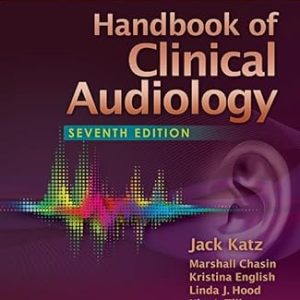
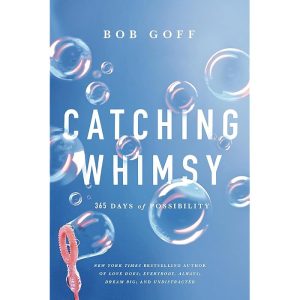

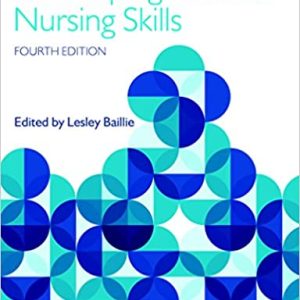
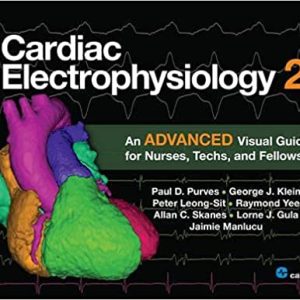

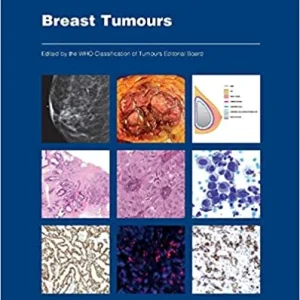
Reviews
There are no reviews yet.